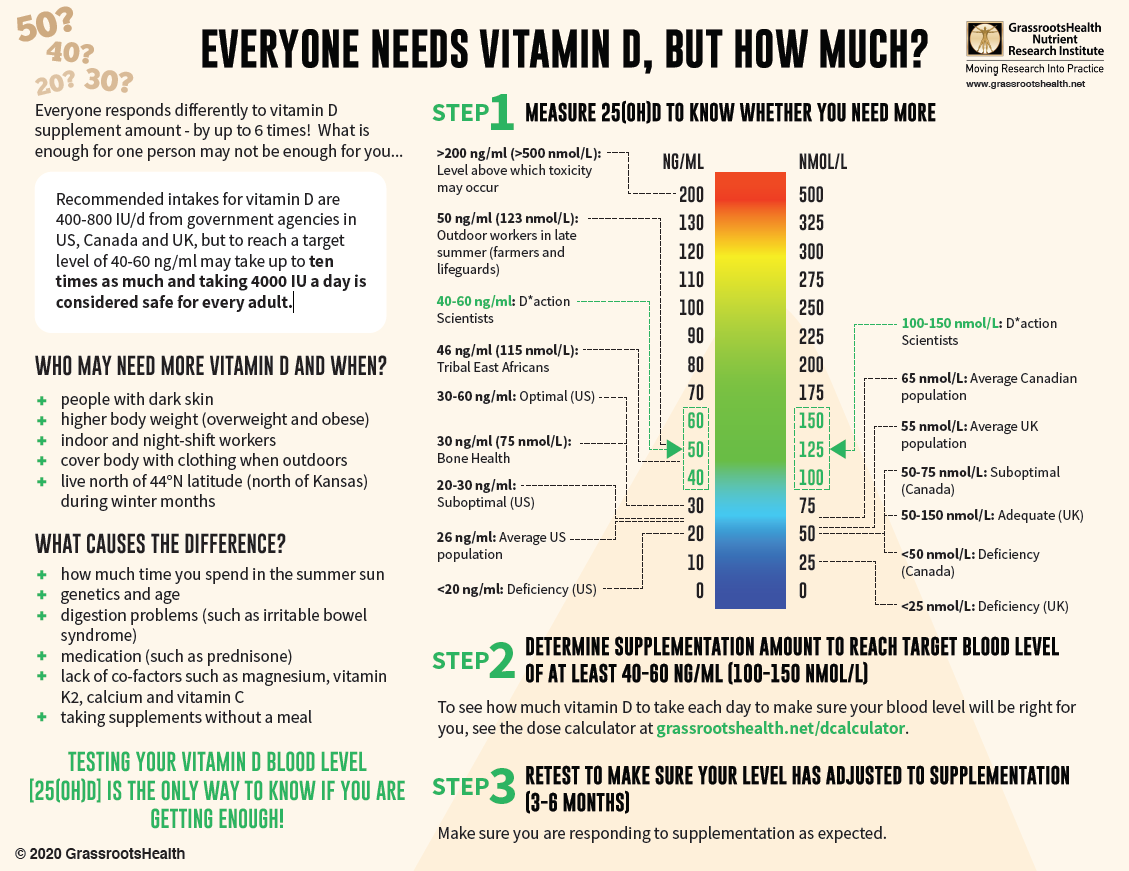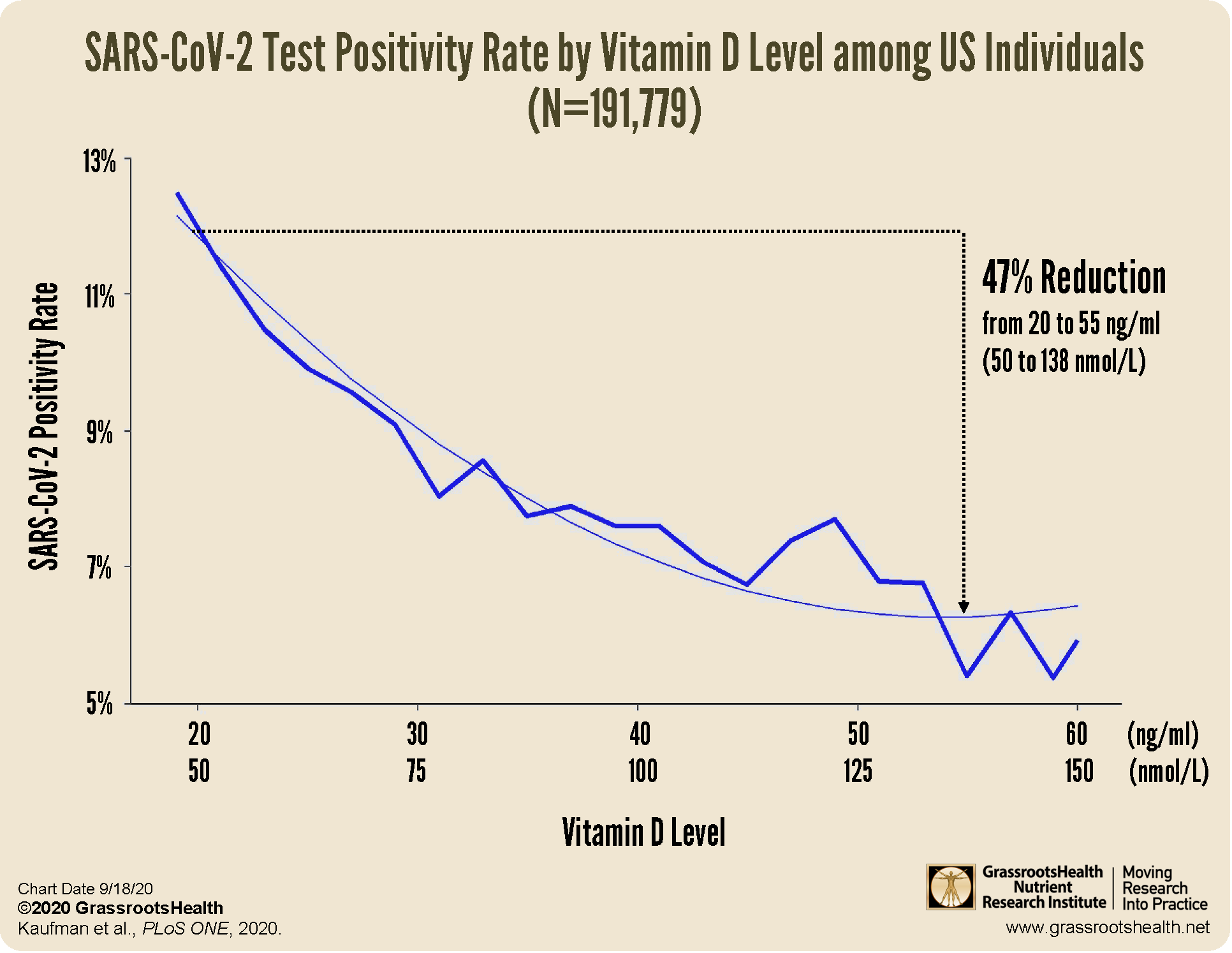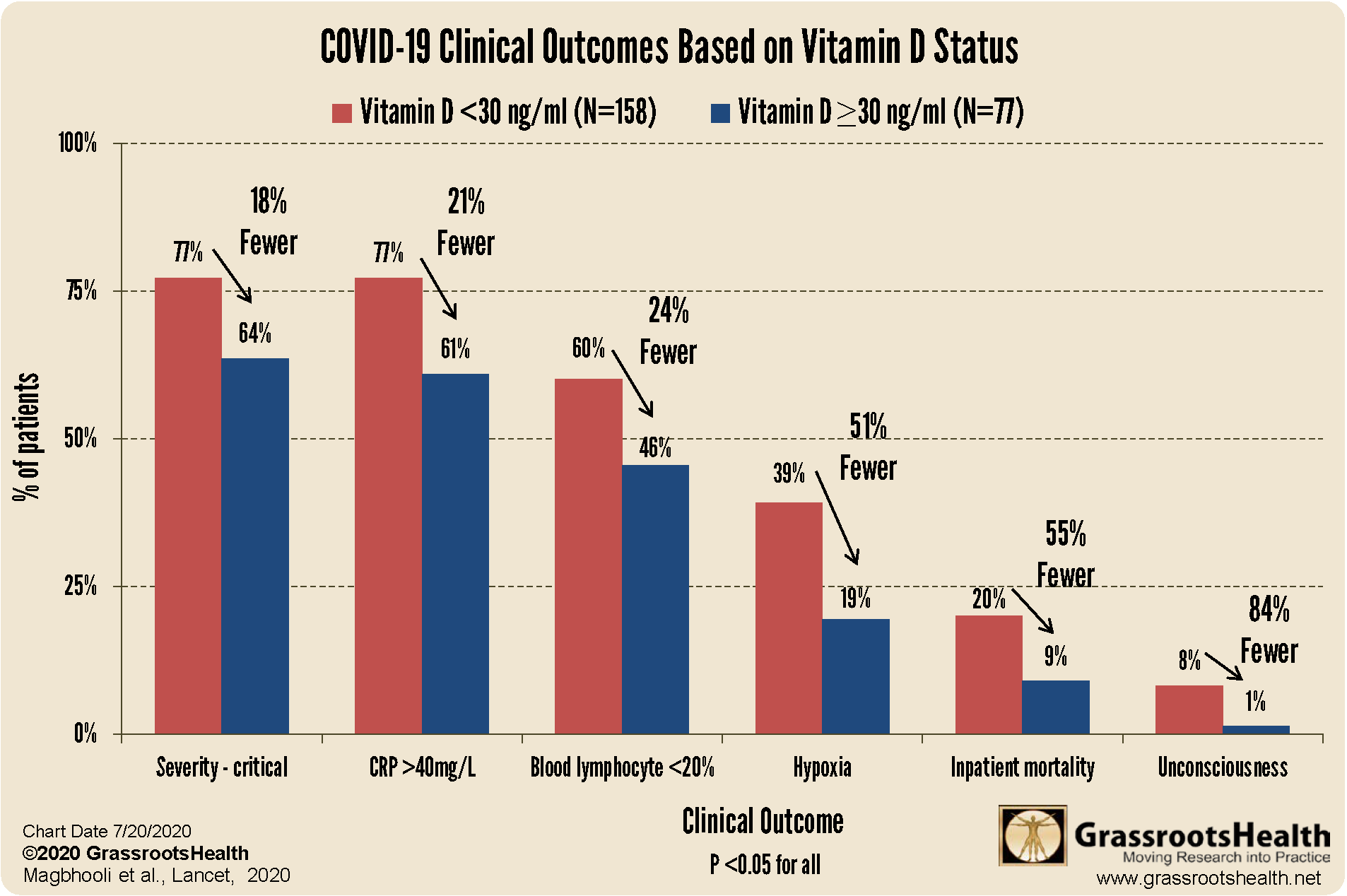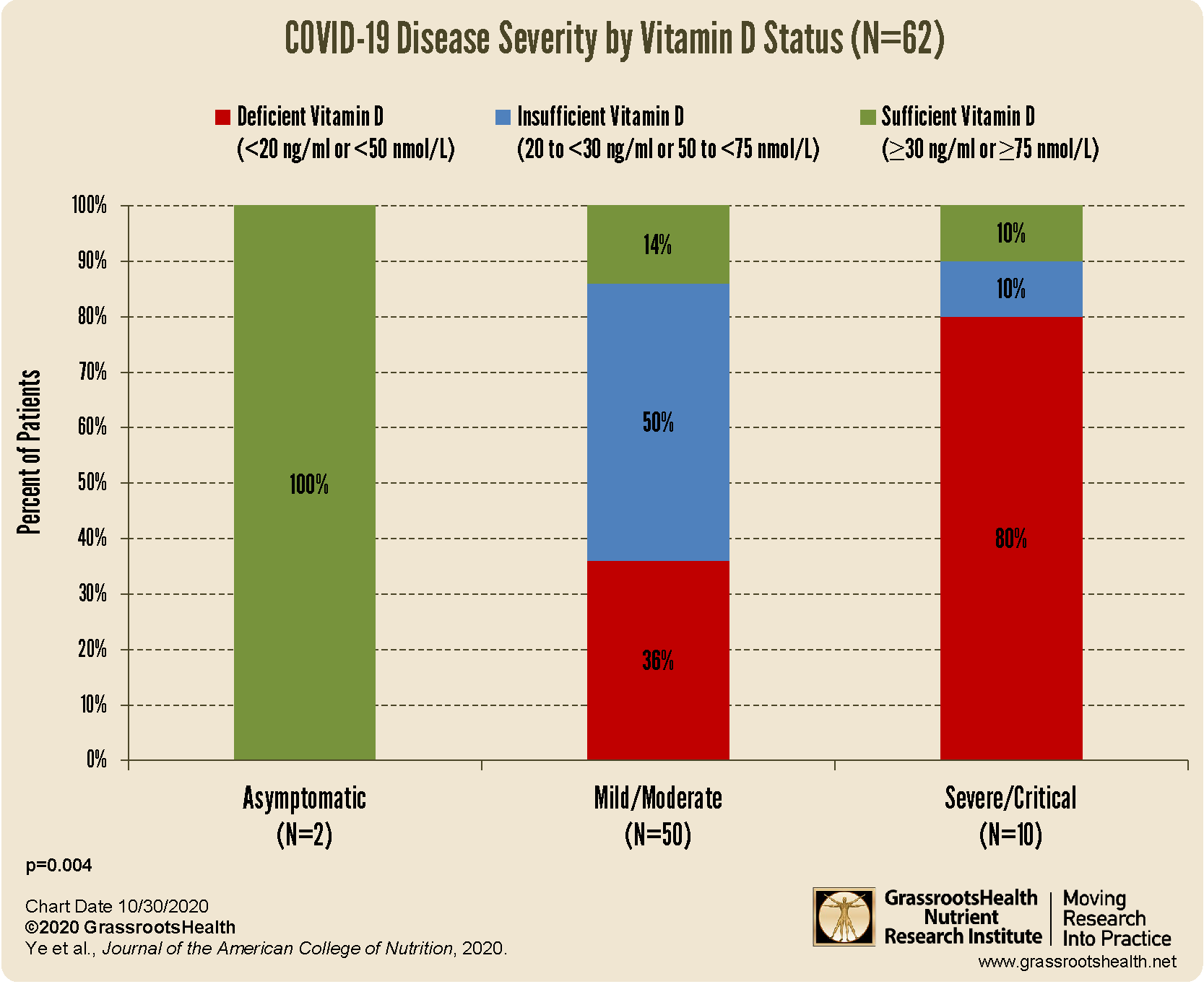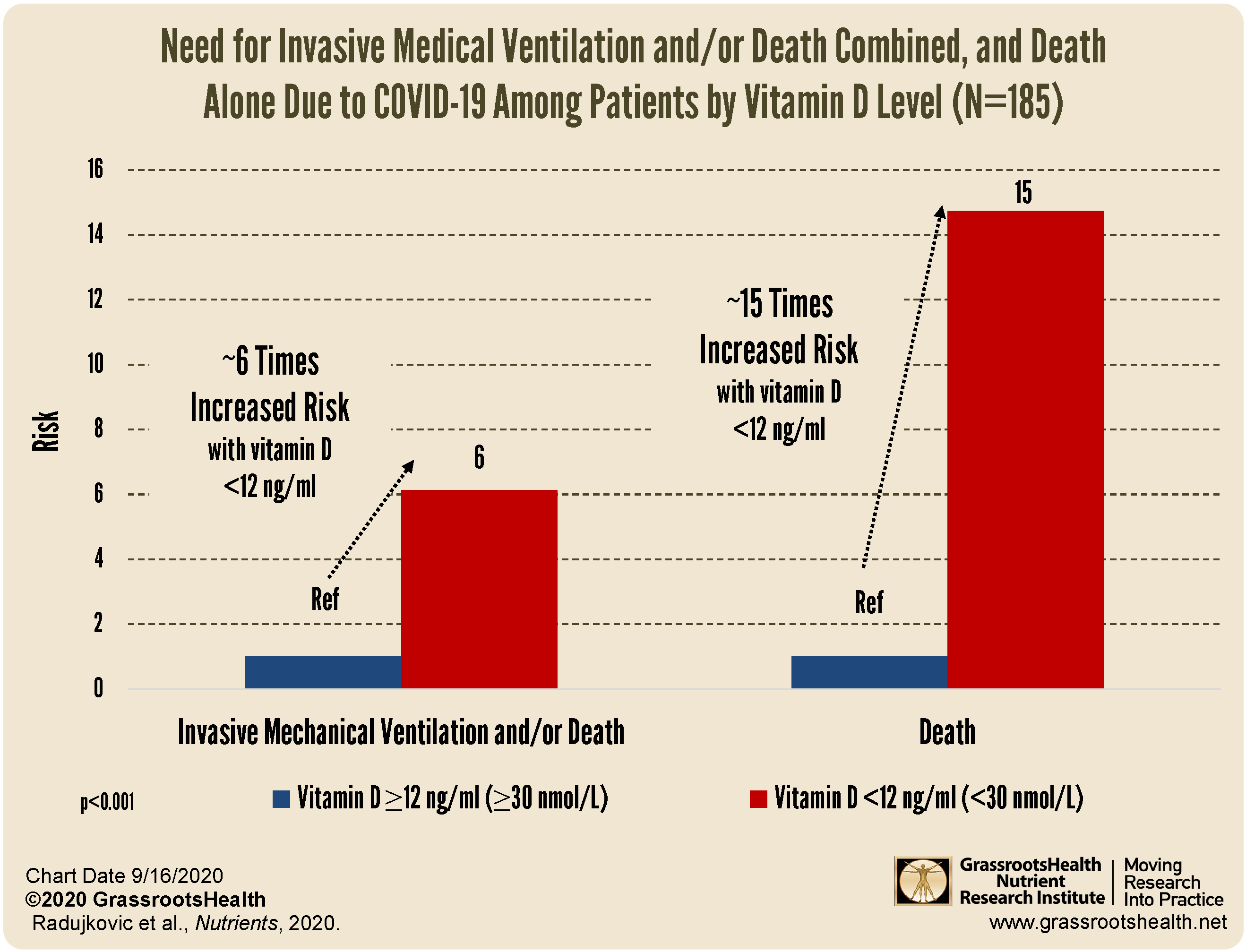Published on March 1, 2021
Study finds dose-dependent relationship between reduced risk of hypertension and sun exposure
 Many studies have been published showing the relationship between increased sun exposure and improved health outcomes, including a decreased risk for cardiovascular disease and mortality. In fact, research suggests that avoidance or lack of sunshine may be a risk factor for increased blood pressure and death from heart attacks, with one study concluding that avoidance of sunshine resulted in a shorter life expectancy comparable to the shortened life expectancy of smokers!
Many studies have been published showing the relationship between increased sun exposure and improved health outcomes, including a decreased risk for cardiovascular disease and mortality. In fact, research suggests that avoidance or lack of sunshine may be a risk factor for increased blood pressure and death from heart attacks, with one study concluding that avoidance of sunshine resulted in a shorter life expectancy comparable to the shortened life expectancy of smokers!
How Can Sun Exposure Benefit Cardiovascular Health?
The effects of the sun go well beyond the production of vitamin D. For example, in addition to vitamin D-producing UVB light, the sun also emits UVA light which initiates the production of nitric oxide in our bodies. Benefits from increased nitric oxide production include dilated coronary arteries, lowered blood pressure, and reduced risk of angina – a condition characterized by severe chest pain and inadequate blood supply to the heart.
Large Cohort Study Finds Sun Exposure Habits May Affect Blood Pressure
A paper published by Lindqvist et al. summarizes findings from an observational, questionnaire-based cohort study of 23,593 women. Participants provided answers to questions regarding detailed sun exposure habits, hypertension, marital status, education, smoking, alcohol consumption, BMI, exercise, and chronic high stress. Based on the answers, women were grouped into categories of low, moderate, and high sun exposure. Women who had been prescribed anti-hypertensive medication were defined as having hypertension.
The authors found that, compared to those with the greatest amount of sun exposure, women with low sun exposure habits had a 41% higher risk of hypertension, and women with moderate sun exposure habits had a 15% higher risk (p<0.001).
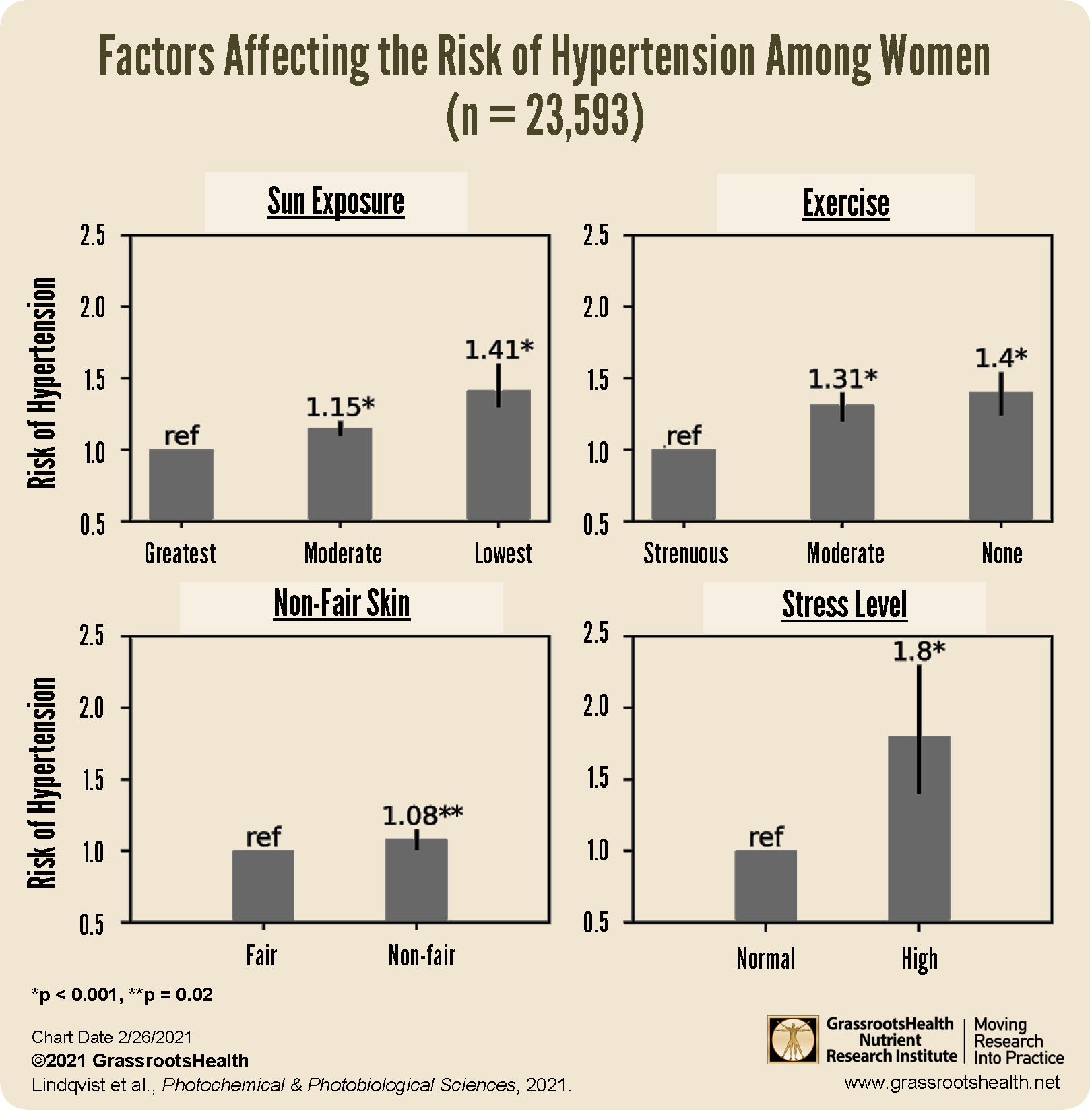
As illustrated in the chart above, additional findings from the study included:
- an 80% increased risk of hypertension among women with chronic high stress (p<0.001)
- a 31% and 40% increased risk of hypertension among women who had moderate or no exercise compared to strenuous exercise (p<0.001)
- and an 8% increased risk among women who had non-fair skin (p=0.02)
The overall findings of this study support previous findings showing a decreased risk of cardiovascular disease and mortality among individuals with greater sun exposure habits.
What about Skin Cancer?
Current public health recommendations advise against sun exposure because it has been associated with an increased risk for skin cancer. While true for people with fair skin and a history of repeated sun burns, for the majority of the population, sensible sunshine exposure (in proper doses, without burning) has a positive impact on health and may protect against disease, helping people live longer.
Should You be Getting More Vitamin D?
With almost 90% of the general population having vitamin D levels below the recommended 40-60 ng/ml (100-150 nmol/L), it is obvious that most people need more vitamin D. While most of us cannot achieve a vitamin D level of 40-60 ng/ml from sun alone, either due to our lifestyle, where we live, or other circumstances, we can certainly reach those levels with the right amount of supplementation.
Below is a guide for how much you might need, and who may need more. Your levels can be tested safely at home – order your home test kit today.
By joining the GrassrootsHealth projects, you are not only contributing valuable information to our study, but you are also gaining knowledge about how you could improve your own health through measuring and tracking your nutrient status, and educating yourself on how to improve it. Do you know what your status of vitamin D, omega-3s, and other essential nutrients is? Could your levels be improved? Test now to find out!
 We now have a NEW GIFTING SERVICE that allows you to quickly send ‘Gift Cards’ to friends, family and coworkers who you consider might need immediate access to testing, and to Claim the Joy of Your Health TODAY. Give the gift today!
We now have a NEW GIFTING SERVICE that allows you to quickly send ‘Gift Cards’ to friends, family and coworkers who you consider might need immediate access to testing, and to Claim the Joy of Your Health TODAY. Give the gift today!
What does the Research Say about Vitamin D & COVID-19?
It’s TIME to start saving lives! If you can help PREVENT the majority of the death, it’s time! What’s it costing you/us not to take action NOW?
There is much published research that supports a clear link between vitamin D and COVID-19 showing that higher vitamin D levels are related to:
a decreased risk of testing positive for COVID-19
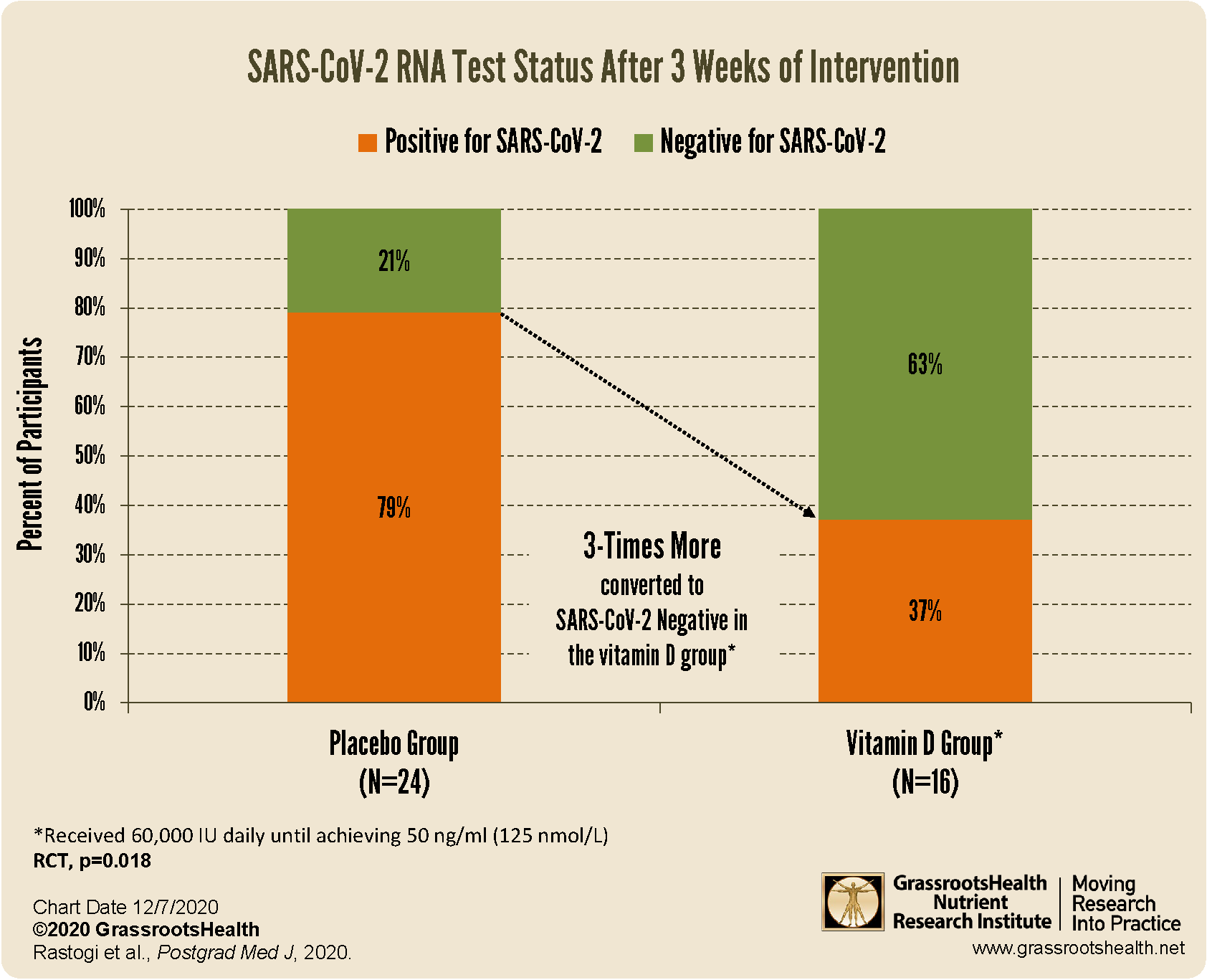 increased viral SARS-CoV-2 RNA clearance
increased viral SARS-CoV-2 RNA clearance
better clinical outcomes among patients with COVID-19
decreased risk of death due to COVID-19
Be sure to educate yourself on the benefits and importance of vitamin D for immune health, and take steps to ensure you and your loved ones are getting enough.
You can review all of the COVID-19 and immune health information we have shared on this page.


